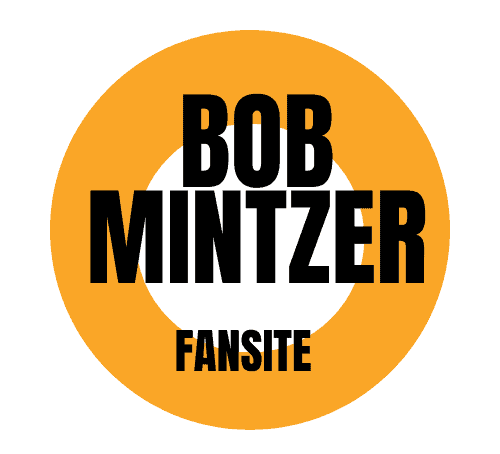1975, New York City. I’m working with the TIto Puente Orchestra playing 6 or 7 nights a week in and around the 5 boroughs. The take home pay was 100 dollars per week. My monthly rent is 185 dollars for a small loft room on 28th street. The budget is tight, but I’m surviving and paying my bills. Eating beans out of a can some nights, but hanging in there.
One day in March the phone rings and there is a trumpet player on the line who is contracting a new big band for Buddy Rich. He asks if I am available and willing. I ask how much it pays and find out the weekly salary is 300 dollars. Holy cow! I’ve struck pay dirt! I’m rich! I’ll be there.
First rehearsal at Buddy’s place on 33rd street in late March. The band is in place on the stage waiting for Buddy to arrive. He comes barreling down the stairs in an absolute rage, screaming at Leo, the valet, runs and brings out a rather large board and lays it across two chairs. Buddy lets out a shriek and proceeds to karate chop the board in half. He then jumps on the drums and we play three of the fastest, hardest arrangements in the book at break-neck speed. I look over at Roger Rosenberg (we have both left Tito’s band to join Buddy). His eyes speak what I’m thinking. Maybe we should have stayed on Tito’s band.
We spent the next several months trying to avoid Buddy’s wrath. He had a whole new band, and was in the process of getting to know everyone. Buddy’s stance basically was that you weren’t shit until you proved yourself on the bandstand. I wasn’t proving much of anything being the 2nd tenor player with very few solos. That all changed after I started writing for the band. Everything I wrote had a 2nd tenor solo in it! (you dig?).
At a certain point in time I arrived at the realization that I needed and wanted to be on this band regardless of the leader’s outbursts. It was a great band that performed every night all over the world, and the bandleader was an unbelievable drummer and musician. He was amazing every night. I was awestruck by his level of consistency and wanted to rise to the occasion.
Buddy could see if a musician in his band was there to play. Despite my sometimes unprofessional behavior Buddy never fired me. I even told him that he was starting one of my tunes at the wrong tempo in front of a packed house in Copenhagen Montmartre. He said something like “get your own fuckin band”, and that was the end of it. I actually think if any of the myriad of players who were fired off the band had taken Buddy aside and said “look, man, I really want to be here”, they would not have been fired at all. Much of this was the old school band leader stance of proclaiming who ran the show.
I wrote my first 7 big band pieces for the Buddy RIch band. What an amazing opportunity and learning experience. Buddy was very supportive and encouraged me to write for his band. He gave me free reign of what to write, and I felt like a kid in a candy shop. I thought about all the different ways i would like to hear Buddy play. I also thought about how I would like to play with him.
Bottom line, Buddy was one of the most amazing drummers in the history of music. He was astounding every time he played. He had a big heart, and championed young musicians like myself. He had one of the quickest wits you would find anywhere, and a great sense of humor to boot. All this far outweighed the periodic temperamental outbursts (which were also very funny most of the time). I am forever grateful for the opportunity to play in Buddy’s band.
